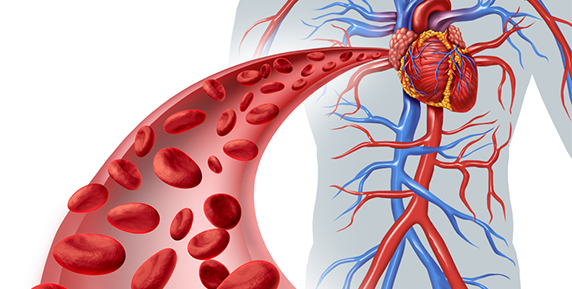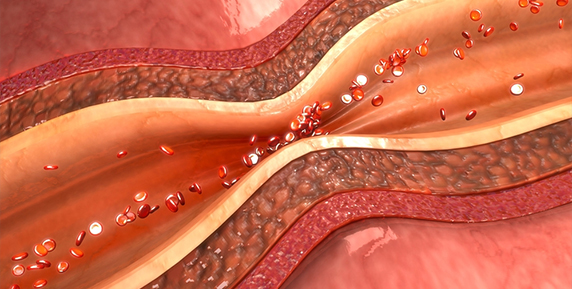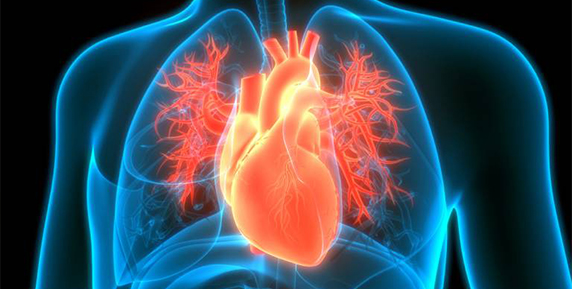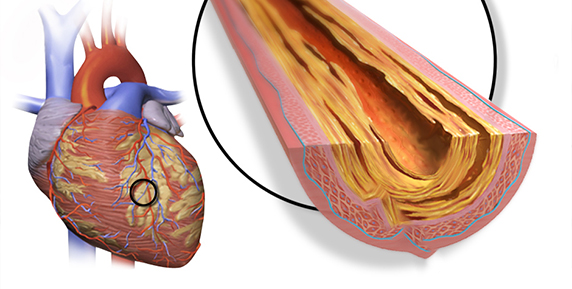Bypass Surgery

Bypass surgery, also termed coronary artery bypass grafting (CABG), is a surgical intervention aimed at reinstating blood flow to the heart in instances where the coronary arteries have undergone severe blockage or narrowing. This procedure involves utilizing a healthy blood vessel, often harvested from the patient’s leg or chest, to create a new route for blood circulation, circumventing the obstructed or damaged segment of the coronary artery. By establishing this new pathway, the heart receives the necessary oxygen and nutrients required for proper functionality. Typically recommended for individuals with significant coronary artery disease not manageable through medications or other non-surgical means, bypass surgery is a major operation conducted under general anesthesia.
Renowned for its effectiveness in alleviating symptoms such as chest pain (angina) and enhancing overall heart function, bypass surgery also diminishes the risk of heart attacks and potentially extends or saves lives.
While the procedure carries inherent risks such as bleeding, infection, and anesthesia-related complications, advancements in surgical methods and post-operative care have notably enhanced its safety and success rates. Following surgery, patients undergo a recovery period and are advised to adopt lifestyle modifications to sustain heart health. Regular follow-up appointments with healthcare providers are imperative for monitoring progress and ensuring favorable outcomes.
Reasons why undergoing bypass surgery might be beneficial for you







To improve blood flow to the heart
Enhancing blood circulation to the heart is a significant benefit of bypass surgery. When medications alone fall short, this procedure offers a highly effective solution for improving heart health, empowering individuals to pursue healthier and more dynamic lifestyles.
To relieve chest pain (angina) symptoms
By improving blood circulation to the heart, bypass surgery can alleviate or eradicate chest discomfort and thwart heart attacks by reducing the likelihood of blockages.


To prevent heart attacks
To prevent heart attacks, bypass surgery establishes an alternative pathway for blood circulation, thereby diminishing the risk of heart attack by bypassing obstructed arteries.
To reduce the risk of complications
If chest pain is restricting your activities, bypass surgery can enhance your ability to engage in life fully, potentially lowering the risk of complications linked to inactivity, like obesity and diabetes.


To bypass blocked or narrowed arteries
Bypass surgery can establish a fresh route for blood circulation, circumventing arteries that are blocked or narrowed, thereby enhancing blood flow to the heart. When arteries are obstructed or narrowed, the risk of a heart attack is elevated. Bypass surgery can mitigate this risk by enhancing blood flow to the heart.
To improve overall heart function
Bypass surgery enhances the heart’s blood flow, thereby bolstering its capacity to efficiently pump blood and oxygen to all parts of the body.


To increase exercise tolerance and quality of life
Bypass surgery can alleviate restrictions imposed by chest pain, enabling increased activity and a more fulfilling life. This enhancement can lead to various benefits, such as reduced fatigue, enhanced mood, and greater autonomy, ultimately enhancing overall quality of life.
To address severe coronary artery disease
In cases of severe coronary artery disease, the likelihood of experiencing a heart attack is elevated. Bypass surgery can mitigate this risk by enhancing blood flow to the heart.


To restore blood supply to damaged heart tissue
Bypass surgery can renew blood circulation to impaired heart tissue, assisting in alleviating chest discomfort and enhancing heart performance.
To enhance long-term survival rates
Bypass surgery can heighten the likelihood of survival, particularly for individuals dealing with severe coronary artery disease.

